Ultrasound for many years was a very common and mainstream therapy used in treating an array of musculoskeletal injuries such as muscle strains and tendonitis’s. However, in recent years you may have noticed your physiotherapist doesn’t use this treatment option and you may be wondering why such a popular method has gone off the radar?!
What is Ultrasound Therapy?
Therapeutic Ultrasound delivers sound waves into the damaged tissues and was typically used in practice with the aim of reducing swelling, increasing the tissue temperature and blood flow to aid tissue repair and break down scar tissue adhesions.
Evidence Based Practice
As with most medical professions, physiotherapists offer treatments that have scientific research and evidence that prove their effectiveness in treating certain conditions. With this drive for evidence based practice it began to emerge that there was a stark lack of good quality evidence backing the use of ultrasound therapy in treating these musculoskeletal conditions. In fact, a study undertaken by Robertson and Baker in 2001 which investigated a collection of studies of ultrasound found that there was minimal evidence to support the use of US in treating people with pain, musculoskeletal injuries or for promoting soft tissue healing. The popularity of this treatment likely strived in clinical practice for many years due to the ‘placebo effect’.
A Physio’s Toolbox
Luckily, physiotherapists have many tools in their clinical ‘toolbox’ and at Central Lakes we pride ourselves on using evidence based treatment options to give you the best recovery possible. These include options such as massage, mobilisation, manipulation, myofascial release, acupuncture/dry needling, exercise prescription, taping, Pilates and core classes. Click here to make a booking today!
Robertson, V.J. and Baker, K.G,. 2001. A review of Therapeutic Ultrasound: Effectiveness Studies. Physical Therapy, 81, (7), pp 1339-1350.
By Lauren Shepherd


